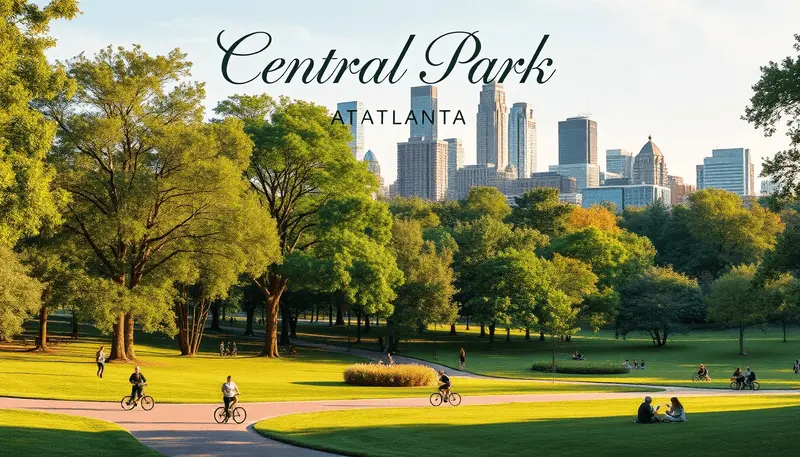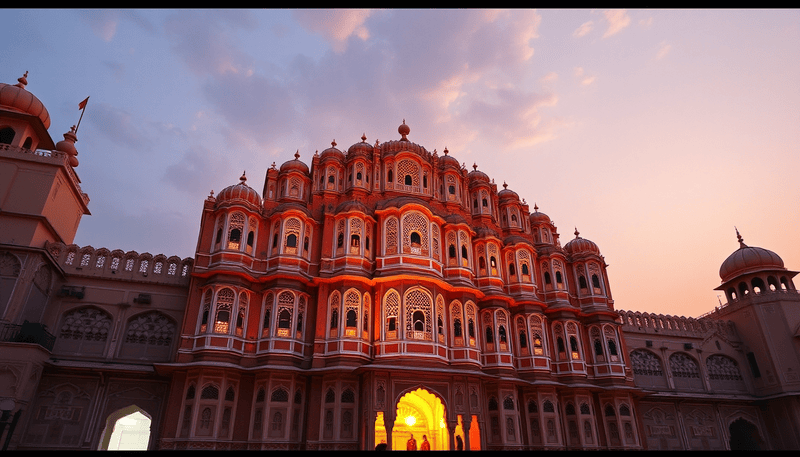Beijing, a city known for its rich history and modern innovation, is home to some of the most beautiful and culturally significant gardens in the world. These gardens are not just green spaces; they are a blend of history, culture, and art that reflects the deep-rooted traditions of Chinese landscaping. Whether you’re a history enthusiast, nature lover, or simply looking for a peaceful escape, Beijing garden offer something for everyone. In this article, we’ll take you on a journey through the most famous Beijing gardens in Beijing, explore their cultural significance, and provide tips for making the most of your visit.
Beijing Garden Through History and Nature
Beijing’s gardens are a testament to the city’s rich history and cultural heritage. These spaces have been carefully designed to reflect the principles of traditional Chinese landscaping, where nature and man-made elements coexist in perfect harmony. The gardens often feature intricately designed pavilions, ancient trees, serene lakes, and winding pathways that encourage visitors to explore and find peace in nature.
Dating back to the imperial era, many of Beijing gardens were originally built for emperors and royalty. They served as places of relaxation, contemplation, and entertainment, often incorporating elements of Chinese philosophy and aesthetics. Today, these gardens remain as beautiful as ever, offering a glimpse into China’s past while providing a tranquil escape from the bustling city.
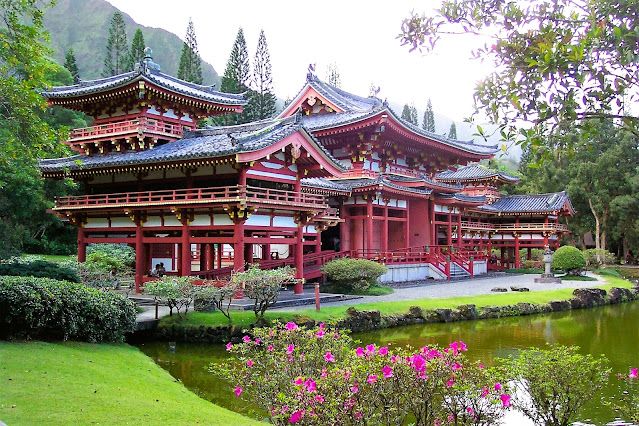
The Most Famous Gardens in Beijing Must-Visit Spots
Beijing Garden is home to several world-renowned gardens, each with its own unique charm and historical significance. Here are some of the must-visit gardens in the city:
1. Summer Palace (Yiheyuan)
The Summer Palace, a UNESCO World Heritage site, is perhaps the most famous garden in Beijing. Spanning over 700 acres, it features a vast lake, the iconic Longevity Hill, and numerous temples, pavilions, and bridges. The garden’s design reflects the pinnacle of Chinese garden art, with its harmonious blend of water, earth, and architecture.
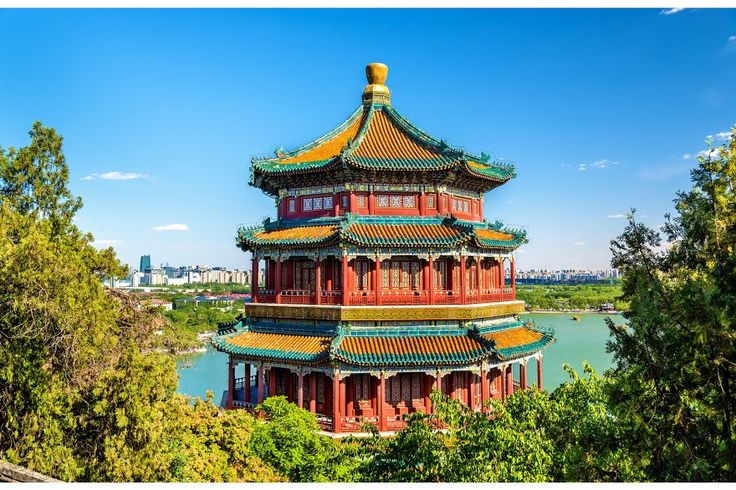
2. Beihai Park
Located in the heart of Beijing, Beihai Park is one of the oldest and best-preserved imperial gardens in China. The park is centered around Beihai Lake, which is surrounded by lush greenery, ancient structures, and the famous White Dagoba. It’s a popular spot for both tourists and locals, offering a serene environment for boating, strolling, or simply enjoying the scenery. Explore the beauty of Pienza Italy.
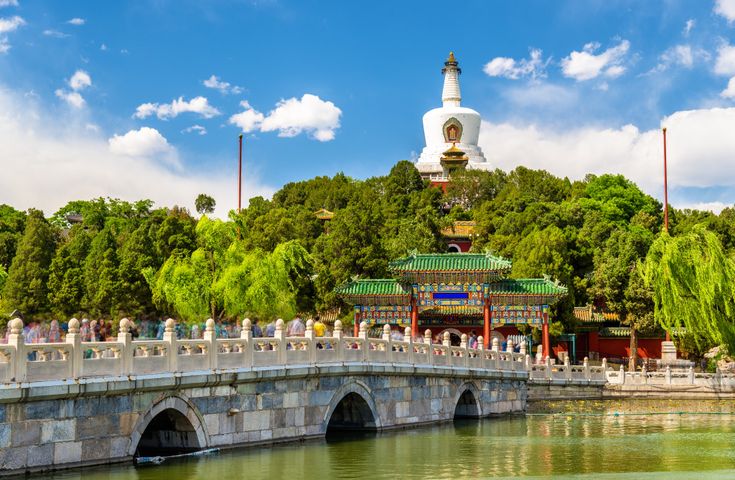
3. The Old Summer Palace (Yuanmingyuan)
Also known as the Garden of Perfect Brightness, the Old Summer Palace was once an extensive complex of palaces and gardens, renowned for its architectural grandeur and artistic treasures. Though much of it was destroyed in the 19th century, the ruins of Yuanmingyuan remain a poignant reminder of its former glory and a symbol of China’s cultural heritage.
Cultural Significance of Gardens in Beijing
Beijing Gardens are more than just beautiful landscapes; they are a vital part of the city’s cultural heritage. These gardens embody the principles of traditional Chinese philosophy, such as the balance between yin and yang, the harmony between humans and nature, and the importance of tranquility and contemplation.
The design of these gardens often incorporates elements of Chinese art and literature, with symbolic features like rocks, water, plants, and architecture carefully arranged to create a sense of natural beauty. Many gardens also include inscriptions, poetry, and calligraphy, adding an intellectual and artistic dimension to the experience. Explore the Beauty of Shalimar Garden.
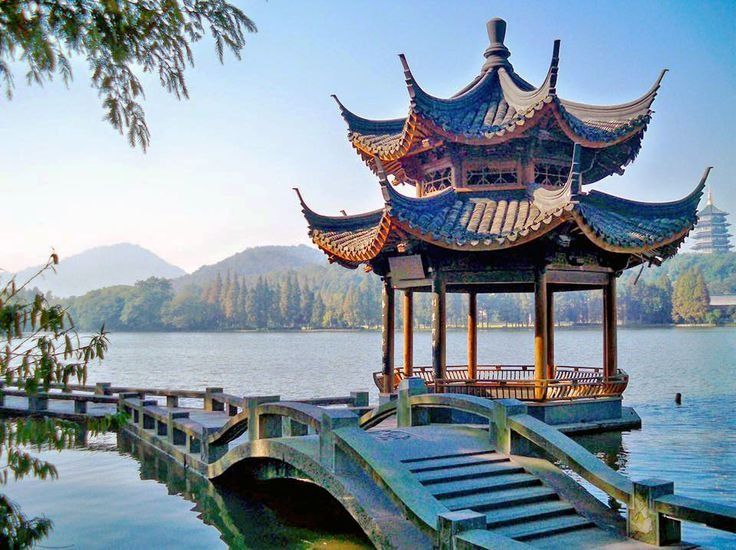
Modern-Day Beijing Garden Merging Tradition with Innovation
While Beijing gardens remain iconic, the city is also home to a new generation of gardens that seamlessly merge traditional Chinese landscaping with modern design. Moreover, these contemporary gardens reflect Beijing’s ongoing evolution as a global metropolis. By blending old and new elements, they create spaces that are not only beautiful but also highly functional.
1. Olympic Forest Park
Built for the 2008 Beijing Olympics, the Olympic Forest Park is a sprawling green space located in the northern part of the city. The park combines traditional Chinese garden elements with modern ecological design, featuring wetlands, forests, and artificial hills. It’s a popular destination for jogging, cycling, and picnicking, offering a refreshing escape from the urban environment.
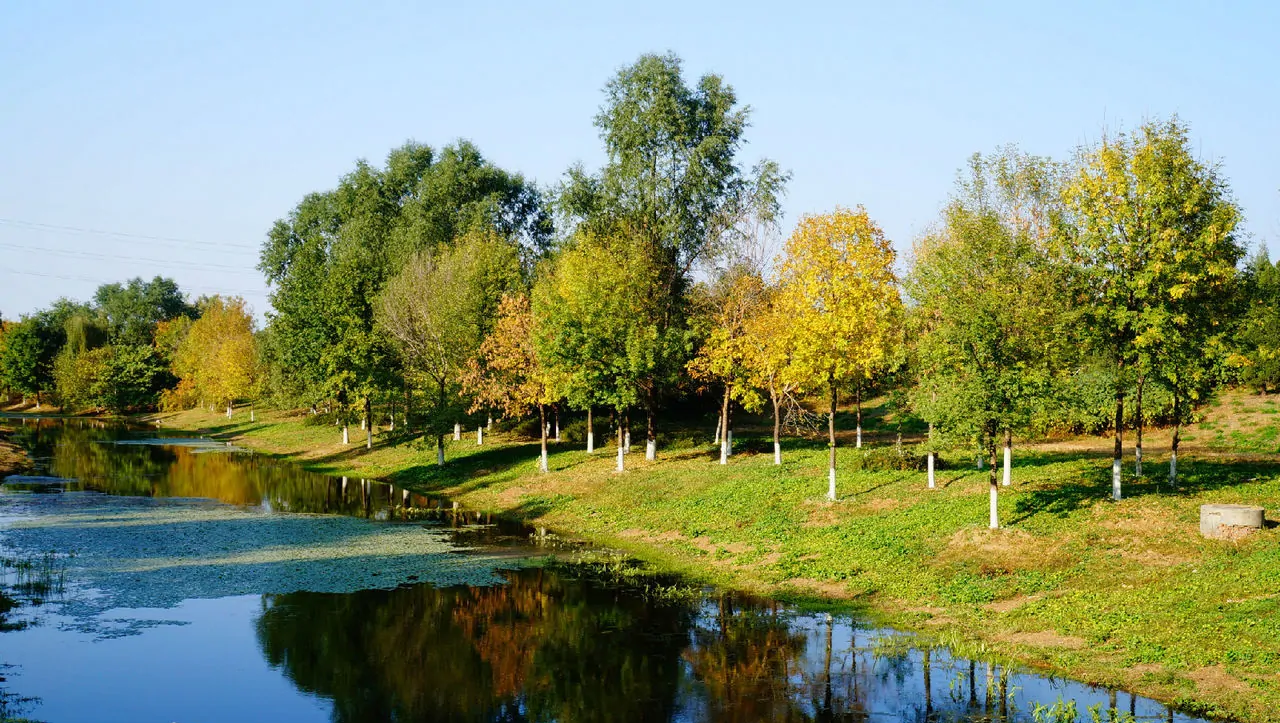
2. Chaoyang Park
Chaoyang Park is the largest park in Beijing’s central business district, offering a mix of traditional Chinese and contemporary garden design. The park includes lakes, gardens, sports facilities, and even an amusement park, making it a versatile space for recreation and relaxation. Learn about Albania’s Stone City.
3. Yuyuantan Park
Famous for its cherry blossoms, Yuyuantan Park is a modern garden that draws inspiration from both Japanese and Chinese landscaping traditions. The park is especially popular in spring when thousands of cherry trees bloom, creating a stunning display of pink and white flowers.
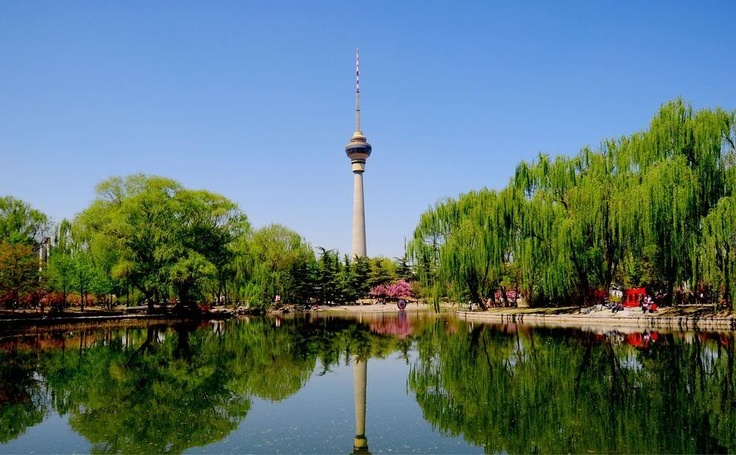
Tips for Visiting Beijing Garden
When planning a visit to Beijing gardens, timing is key. Each season offers a different experience, so consider what you’d like to see and do:
- Spring: Ideal for viewing flowers, especially cherry blossoms at Yuyuantan Park and peonies at the Summer Palace.
- Summer: Enjoy lush greenery and vibrant lotus flowers in gardens like Beihai Park.
- Autumn: Experience the breathtaking fall colors at Fragrant Hills Park and Jingshan Park.
- Winter: Explore the serene, snow-covered landscapes of Beijing’s gardens, with fewer crowds and a peaceful atmosphere.

What to Expect:
- Entrance Fees: Most gardens have a small entrance fee, with some offering discounts for students and seniors.
- Crowds: Popular gardens like the Summer Palace can get crowded, especially on weekends and holidays. Visiting early in the morning or on weekdays can help you avoid the rush.
- Facilities: Many gardens have basic facilities such as restrooms, cafes, and souvenir shops. However, it’s a good idea to bring water, snacks, and comfortable walking shoes.
Facts and Figures The Role of Beijing Garden Urban Landscape
Beijing Gardens play a crucial role in Beijing urban landscape, contributing to the city’s environmental sustainability and quality of life. Here are some key facts and figures:
- Green Coverage: As of 2023, Beijing has a green coverage rate of over 48%, with gardens and parks accounting for a significant portion of this greenery.
- Air Quality: The city’s gardens help improve air quality by absorbing pollutants and producing oxygen. They also serve as important urban “lungs,” mitigating the effects of air pollution and providing a healthier environment for residents.
- Biodiversity: Beijing’s gardens are home to a wide variety of plant and animal species, contributing to the city’s biodiversity. These green spaces provide habitats for birds, insects, and other wildlife, supporting ecological balance in the urban environment. Learn about Stone Chariot India.
- Tourism Impact: Gardens are a major draw for tourists, with sites like the Summer Palace and Beihai Park attracting millions of visitors each year. This tourism contributes to the local economy and raises awareness of the importance of preserving these cultural treasures.
Conclusion
Beijing gardens are a true testament to the city’s rich cultural heritage and natural beauty. Whether you’re planning a visit or simply want to learn more, these gardens offer a unique glimpse into China’s past and present. So why wait? Start planning your trip to Beijing and discover the magic of its gardens for yourself. Don’t forget to share this article with your friends and family to inspire them to explore these beautiful spaces as well!

